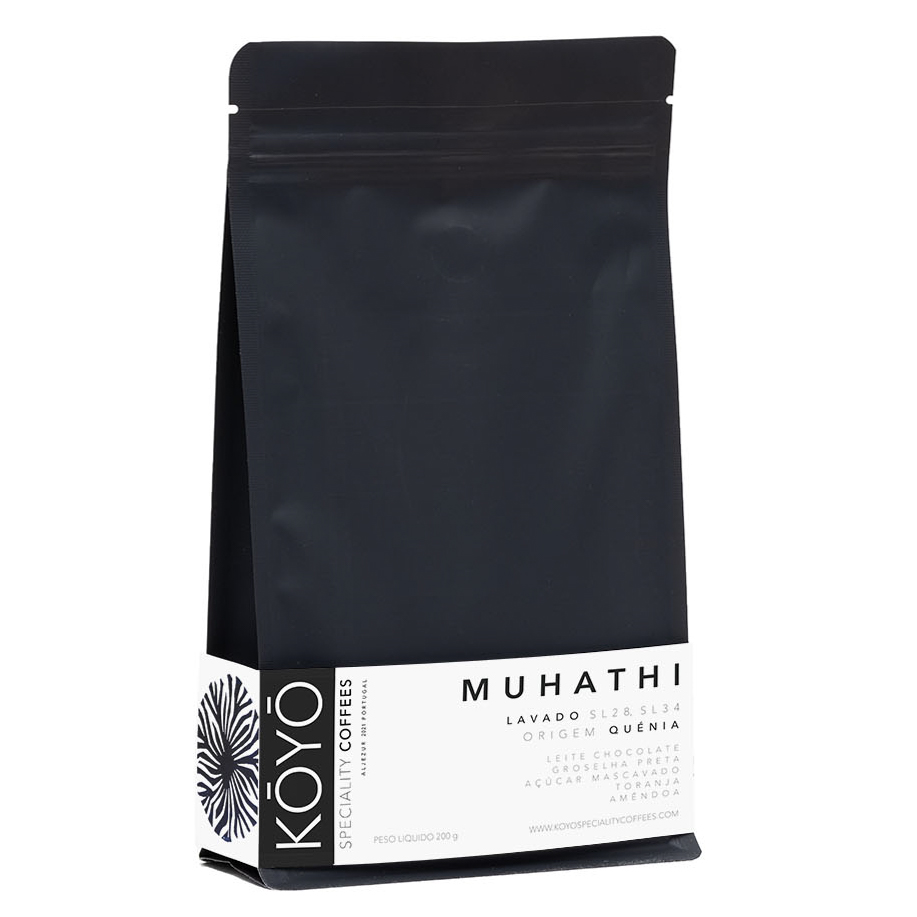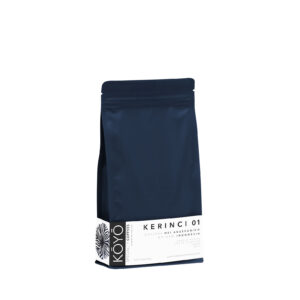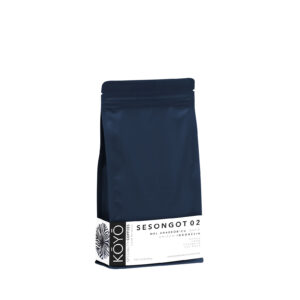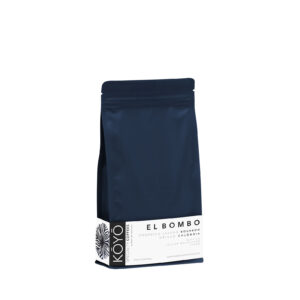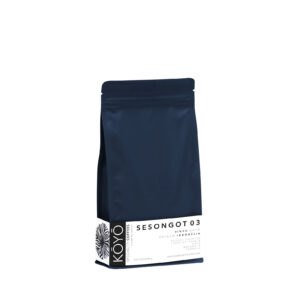MUHATHI – Kenya
€14.00 – €53.00
Milk chocolate, Black currant, Brown sugar, Grapefruit, Almond
COFFEE GRADE: AB
STATION: Muhathi Estate
VARIETAL: Batian, Ruiru 11, SL28, SL34
PROCESSING: Washed
ALTITUDE: 1,700 meters
PRODUCER: Peris Wambui Karungondo
REGION: Kiambu 100%
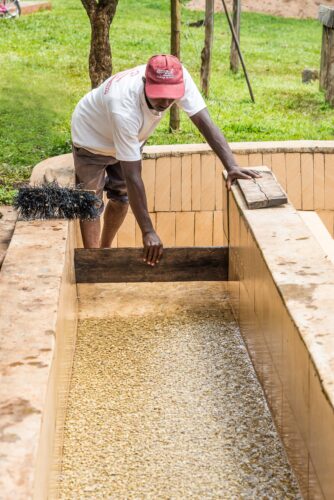
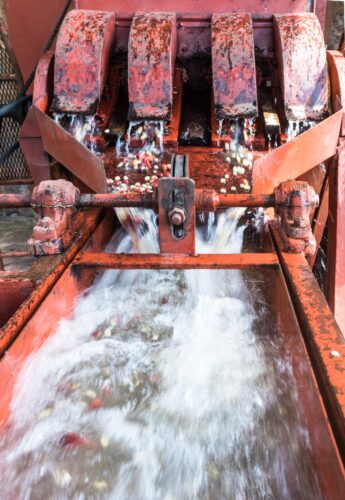
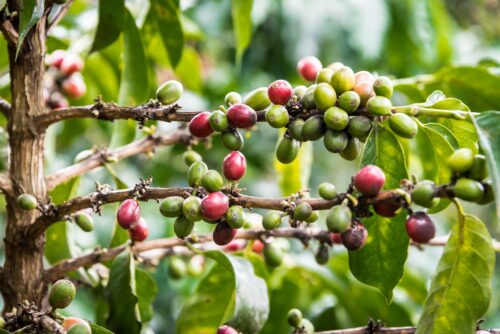
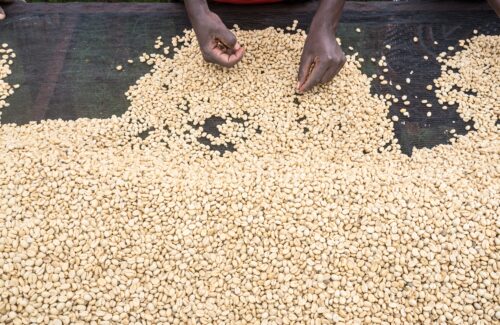
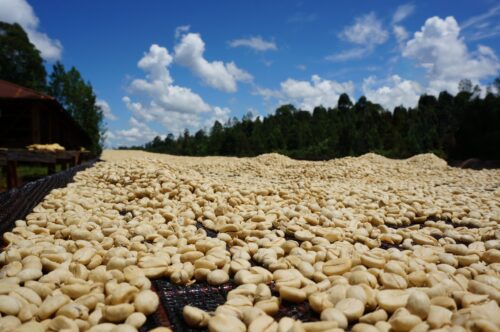
Additional information
Fully washed coffee is produced by Peris Wambui Karungondo at his farm, Muhathi Estate. Peris cultivates an interesting mix of traditional SL28, SL34 & the newer Batian and Ruiru 11 cultivars.Muhathi Estate sits at 1,700 meters above sea level in Kenya’s Kiambu County. Located in Ngewa-Komothai, in Kiambu, the farm has an ideal microclimate for cultivating specialty coffee. The warm days and cool nights support sweet, dense cherry growth.Kiambu is right outside Kenya’s capital city of Nairobi but is nonetheless known for agriculture – specifically coffee and tea. The county is also home of the Kenyan Coffee Research Foundation. Kiambu County is also well known for its dairy production, and is the largest dairy producing county in Kenya. Many of the growers here adhere to organic fertilizing practices, using only cow manure instead of agrochemicals on their coffee trees. Muhathi is planted with ‘traditional’ SL28 & SL34 coffee trees, as well as Batian and Ruiru 11. The SL28 cultivar was originally released by Scott Agricultural Laboratories (SAL) in the 1930s and 1940s. Along with SL34, it soon became the go-to tree for many growers in Kenya due to its deep root structure, which allows it to maximize scarce water resources and flourish even without irrigation. Batian is a relatively new variety introduced by the Kenya Coffee Research Institute (CRI) in 2010. Batian is named after the highest peak on Mt. Kenya and is resistant to both Coffee Berry Disease (CBD) and Coffee Leaf Rust (CLR). The variety has the added benefit of early maturity – cropping after only two years. Similar to Batian, Ruiru 11 is a new variety known for its disease resistance and high yields. It also starts yielding fruit after just 2 years.
Este café totalmente lavado é produzido por Peris Wambui Karungondo na sua fazenda, Muhathi Estate. Peris cultiva uma mistura interessante de tradicionais SL28, SL34 e as mais recentes Batian e Ruiru 11. Muhathi Estate fica a 1.700 metros acima do nível do mar no condado de Kiambu, no Quénia. Localizada em Ngewa-Komothai, no Kiambu, a fazenda possui um microclima ideal para o cultivo de cafés especiais. Os dias quentes e as noites frias favorecem o crescimento denso e doce das cerejas. Kiambu fica nos arredores da capital do Quénia, Nairóbi, mas ainda assim é conhecido pela agricultura – especificamente café e chá. O condado também abriga a Fundação de Pesquisa do Café do Quénia. O condado de Kiambu também é conhecido pela sua produção de laticínios e é o maior condado produtor de laticínios do Quénia. Muitos dos produtores desta região aderem às práticas de fertilização orgânica, usando apenas esterco de vaca em vez de agroquímicos nos seus cafezais. Muhathi é plantado com cafeeiros tradicionais SL28 e SL34, bem como Batian e Ruiru 11. A variedade SL28 foi originalmente lançada pela Scott Agricultural Laboratories (SAL) nas décadas de 1930 e 1940. Junto com o SL34, logo se tornou a árvore preferida de muitos produtores no Quénia devido à sua estrutura de raízes profundas, que permite maximizar os escassos recursos hídricos e florescer mesmo sem irrigação. Batian é uma variedade relativamente nova introduzida pelo Kenya Coffee Research Institute (CRI) em 2010. Batian recebeu o nome do pico mais alto do Monte Quénia e é resistente tanto à doença da baga do café (CBD) quanto à ferrugem da folha do café (CLR). A variedade tem o benefício adicional de maturidade precoce – colheita após apenas dois anos. Semelhante à Batian, a Ruiru 11 é uma nova variedade conhecida pela sua resistência a doenças e altos rendimentos. Também começa a dar frutos após apenas 2 anos.

